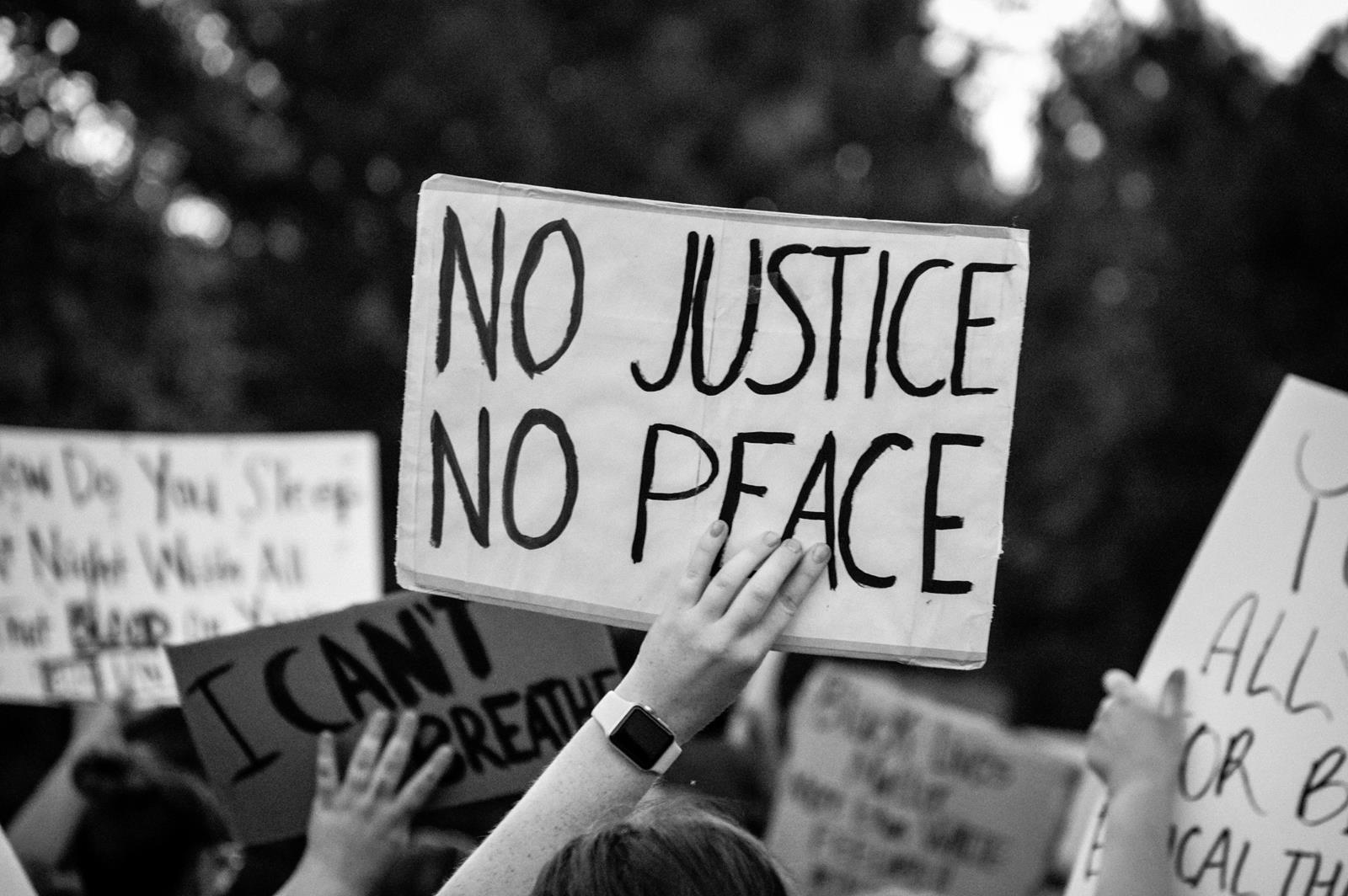Criminal Law Punishment
Punishment is the inflicting of some sort of harm or loss upon an individual for a wrongful act. In civil law, punishment can be imposed for a variety of different crimes, including criminal acts. In criminal law, punishment can be allowed for various reasons, including the defendant’s state of mind at the time, the seriousness of the crime, or some other factor such as gender. Retribution is allowed in criminal law as well as civil law.
Retribution is usually defined as something that serves to teach the criminal what they are doing wrong, usually through punishment. In this sense, retribution is not used to justly punish the criminal but also to deter the same person from doing it again. For example, if someone robbed a store, in most states the robbers will go to jail for 10 years even though this was part of their robbery plan. This helps to deter crime in general because criminals know they will spend a long time in jail if they do commit this crime again.
Like deterrence and retribution, remedial measures are also commonly used as punishment. In cases of rape or other sexual assaults, a man may be required to undergo counseling, may be subjected to drug testing, or may even be asked to be subjected to therapy. Penology is the application of correctional or corrective law to address problems such as drug or substance abuse. These problems, coupled with an offender’s conscious choice to violate the law, form the basis of a valid claim of punishment under penology. The penalties imposed by penology are intended to act as a deterrent to crime.
In a case where an individual has killed someone as a result of a crime, punishment may include a prison sentence or death penalty. In certain circumstances, the penalty may even be limited to public Reprisals. When crimes occur that cause major societal damage, the sentencing regime shifts to a more severe form of punishment. The jury is also given the power to rule based on reasonable doubt as to whether the defendant actually committed the crime.
The ultimate punishment inflicted on a criminal by the criminal justice system is incarceration in a federal or state prison. The severity of the sentence is dependent upon various factors including each individual defendant’s criminal history and personal characteristics. The United States Constitution gives the supreme court the power to reduce a prison sentence to incarceration. In cases of serious crimes, the United States Supreme Court has stated that it may review a lower court’s punishment to ensure that it is consistent with the defendant’s eligibility for rehabilitation. The attorney may represent the offender at the sentencing hearing if the case is being tried by the jury.
Capital offenses are punishable by life imprisonment. Serious crimes such as those involving firearms or explosives are punishable by a minimum of fifteen years in prison. The penalty for minor crimes can range from probation to community service. The main article of punishment for most crimes is incarceration in a federal or state prison.
In summary, we see that punishment of criminals varies depending on the degree of the offense and the relationship between the Offender and the Victim. We also see that sometimes the punishment for criminal law is retribution. Punishment is most often assessed to an individual when the law considers his behavior as criminal. This is usually in the context of a violent crime. We have established that the punishment is intended to deter criminal behavior, to deter the repetition of the crime, and to incapacitate the Offender so he will not commit the crime again.
Although the ultimate aim of punishment is to deter criminal behavior, punishment also has some important social goals. Punishment may sometimes serve important moral and social purposes. We see that in some instances the punishment does not serve these goals directly, but perhaps the secondary or intangible benefits of punishment help to justify punishment in the criminal justice system. These include deterrence, incapacitation, rehabilitation, and retribution. Although punishment and its multiple objectives are important in any criminal law system, we have seen that some forms of punishment may be disproportionate to the benefits they may provide.
